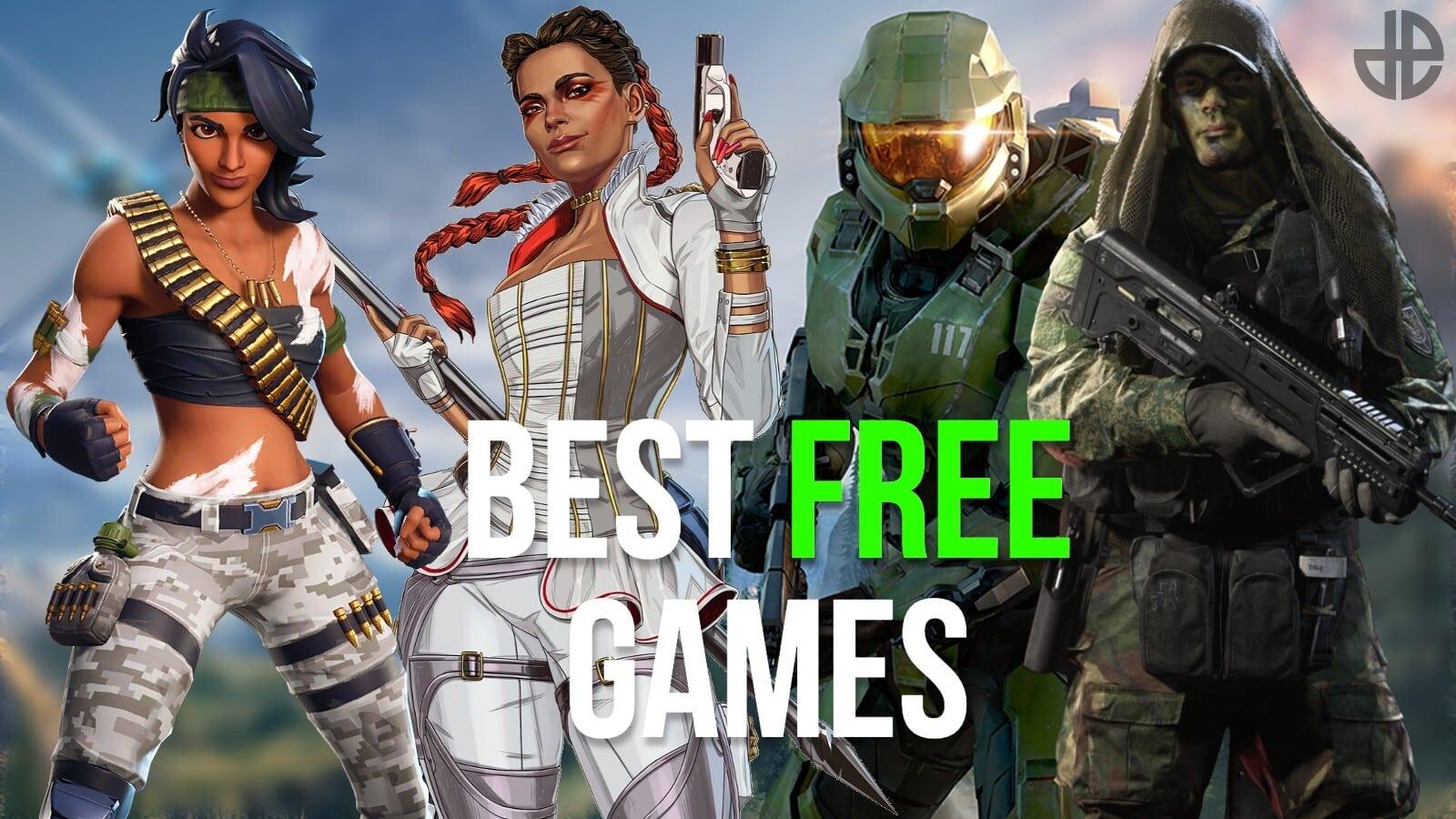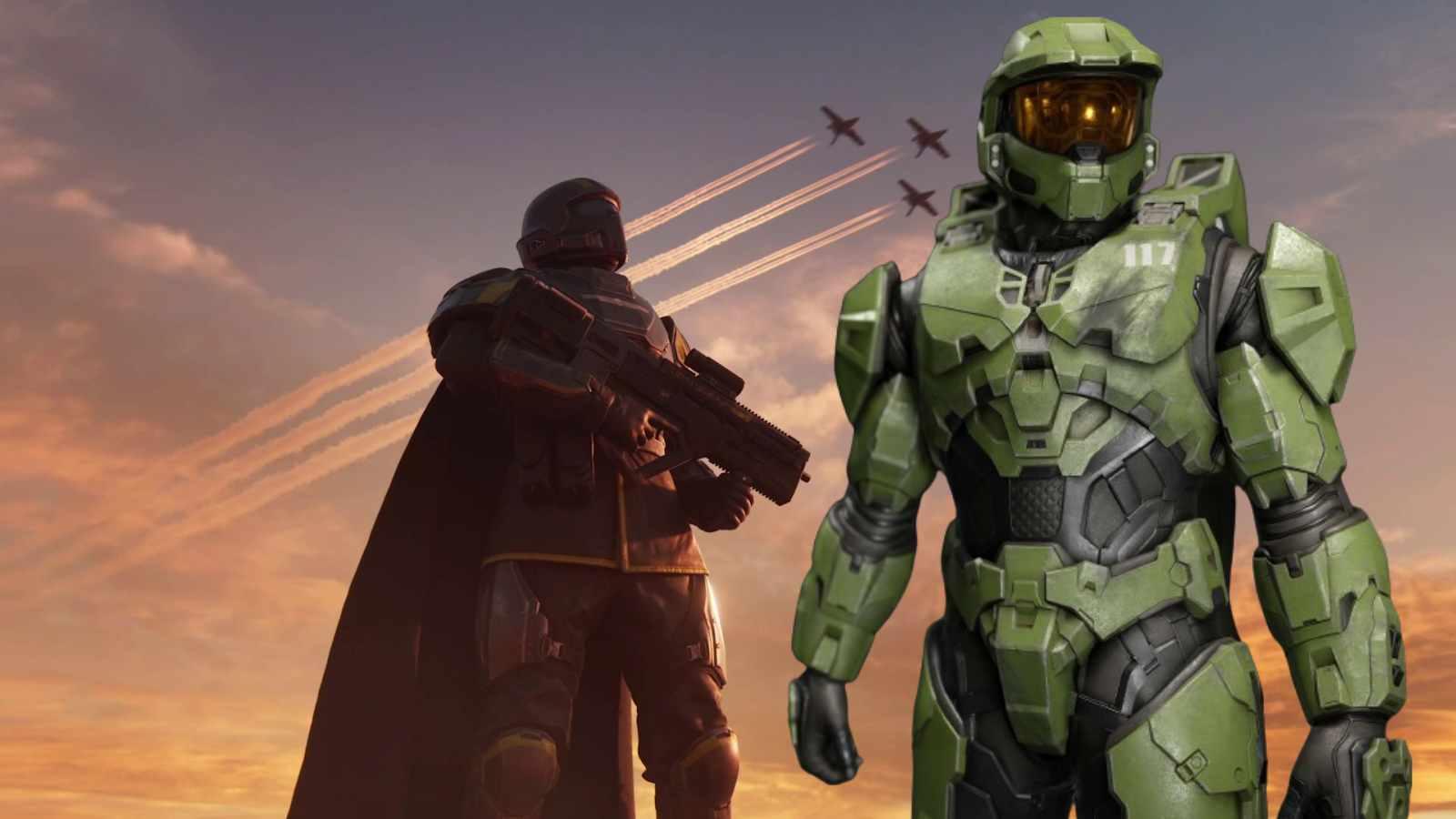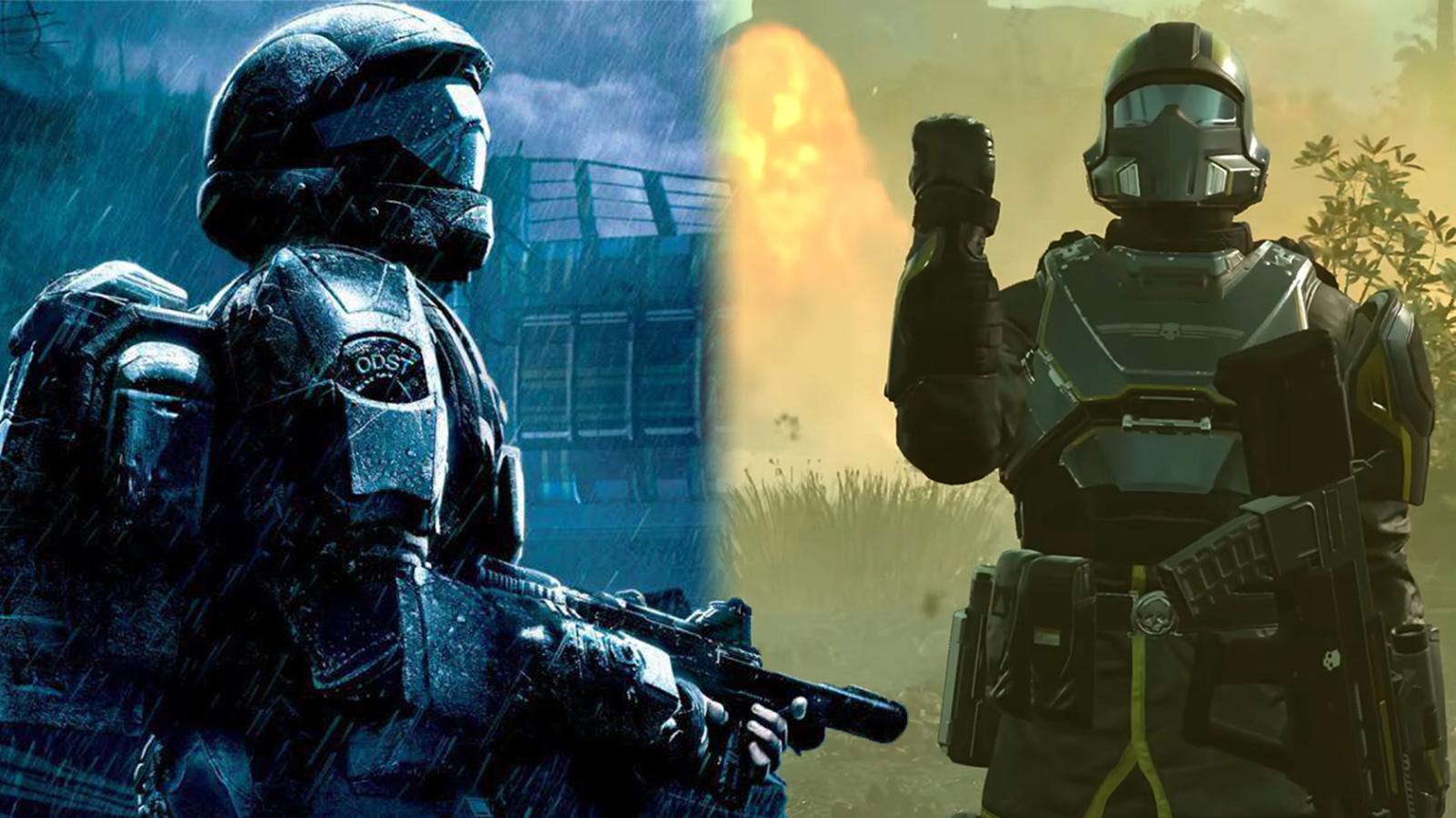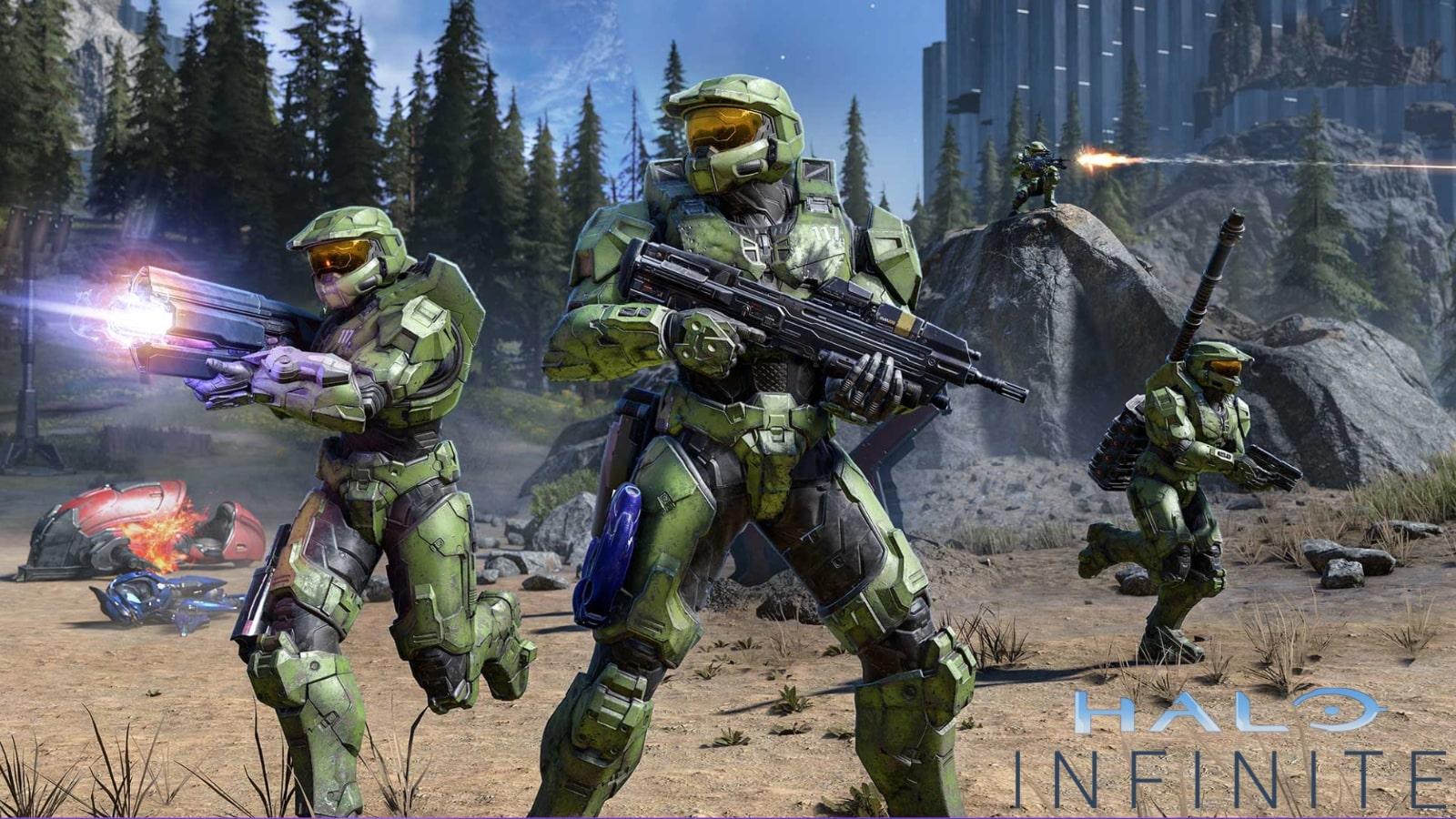Adam Fitch: Halo Infinite esports seems promising but the job isn’t done
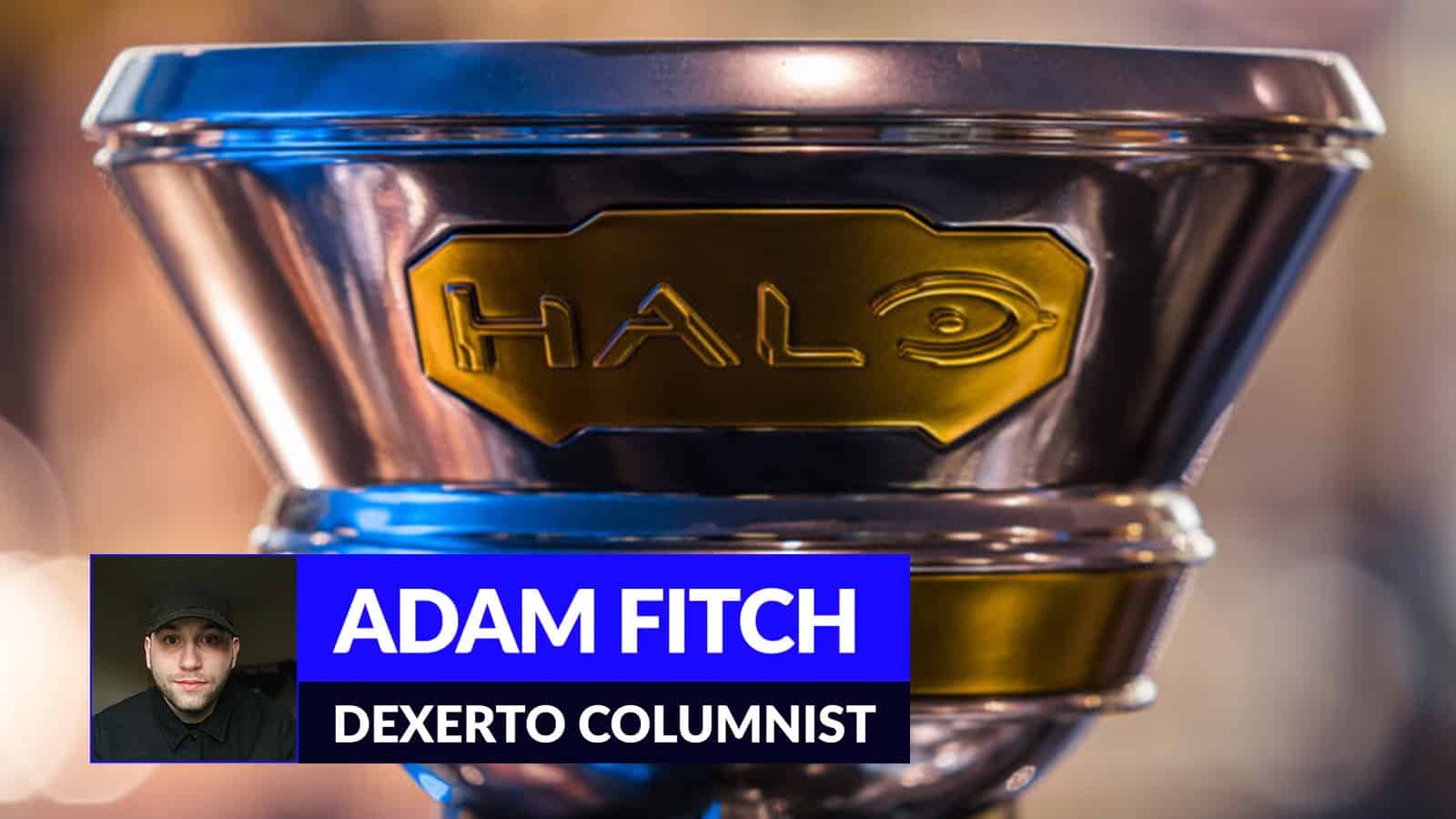 Halo
HaloHalo Infinite’s beta sprung to life on November 15 and it took no time at all for competitive players and esports fans alike to get excited about the future of the title — actually, eagerness and anticipation were present before they could even get their hands on the game. While it’s hard to disagree with the joy they’re currently expressing, the hard work for Halo esports’ revival is ahead of developers 343 and their collaborators Esports Engine.
In the realm of contemporary esports, Halo has never been the top dog. Other console titles like Call of Duty and Gears of War are the same, always falling within the middle tiers of competitive gaming with OK viewership and participation. Passion, however, is what keeps these franchises relevant (even if for only a small audience when compared to the likes of League of Legends and Counter-Strike: Global Offensive).
The transparency from 343 in the build-up to Halo Infinite’s release has created a palpable thirst for the game’s competitive scene to eclipse heights it’s reached before. From partnering with Esports Engine, largely comprising of the team that used to work at MLG, to keeping fans and players in the loop with plans for months prior to release, the new iteration of the Halo Championship Series seems undeniably promising.
While I too share an appreciation for the transparency and effort that have gone into Halo Infinite’s esports efforts thus far, it’s important for everybody to remain level-headed and truly think about what makes an esport great. Is it team-branded skins or amazing matches and unforgettable events?
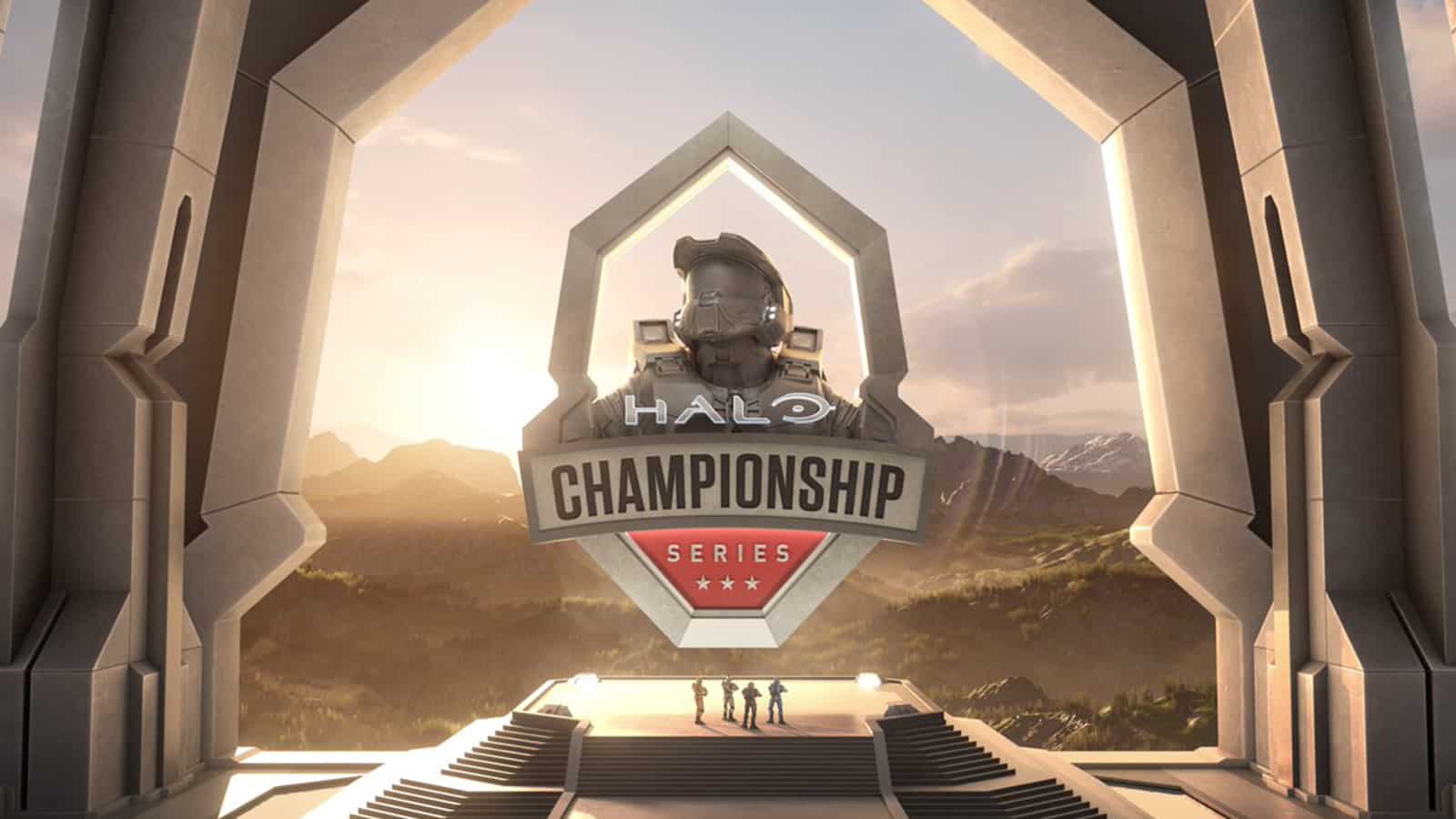 Halo
HaloThe promise of Halo Infinite esports so far
I feel it’s important to acknowledge all that 343 and Esports Engine have done so far to support the esport. It’s so promising that even the top professional players in bigger games are publicly revealing their jealousy.
- Read More: Halo Infinite Ranked system explained
Let’s breeze through this as there’s a lot to be excited about. The game is free-to-play, available on major marketplace Steam, and already has ranked play planned out. There are in-game team-branded skins with revenue-sharing for the partnered organizations and in-game bundles that share some revenue with the designated tournament organizers too.
Speaking of partnered organizations, they announced the likes of FaZe Clan, Cloud9, Fnatic, and NAVI as permanent staples in the title back in August 2021. This helped to build hype as the game neared, proving to fans that there are plenty of industry-leading names who want to invest in the scene.
Esports Engine’s team contains some of the brightest minds from MLG, the organizers behind some of the best Halo esports events ever, who have helped to outline the entire year of competition — which itself is a positive. There are even open events that allow rookies and aspiring professionals the chance to compete with the established top dogs and franchise veterans (like Justin “iGotUrPistola” Deese, who’s on the newly-revived OpTic Halo team).
The likes of ESL and DreamHack, veteran organizers who have run some of the best events across several competitive titles, have been tapped to bring these events to life. There’s over $3m in prize winnings available, with crowdfunding also being a factor in each and every prominent event.
⚠️ Heads up – #HaloInfinite competitors
All players must link their @EsportsEng accounts with their @FACEITHalo accounts. Make sure to do the following before competing this weekend!
– Click name in top right > Account Settings
– Click "Connect FACEIT"https://t.co/WXmEk8WQNj pic.twitter.com/ZEcz0N5tiN— Halo Esports #HCS (@HCS) November 19, 2021
In terms of broadcasting, events will be streamed live on both Amazon-owned Twitch and Google-owned YouTube. The latter will even have drops available, gifting avid spectators with exclusive in-game items that provide another method for them to show how much they support Halo.
The game will host all online tournaments and a pro league through veteran matchmaking platform FACEIT, and both the esports handbook and code of conduct are publicly available. All of this before the game is even out of beta. Phew!
It’s clear that 343 and Esports Engine believe that competitive play is a major component in making Halo Infinite successful, especially in the long term. Players caring about improving, and watching the best players compete against each other, are key components in user retention. It’d be unfair to say that they’re not putting their best foot forward in this regard.
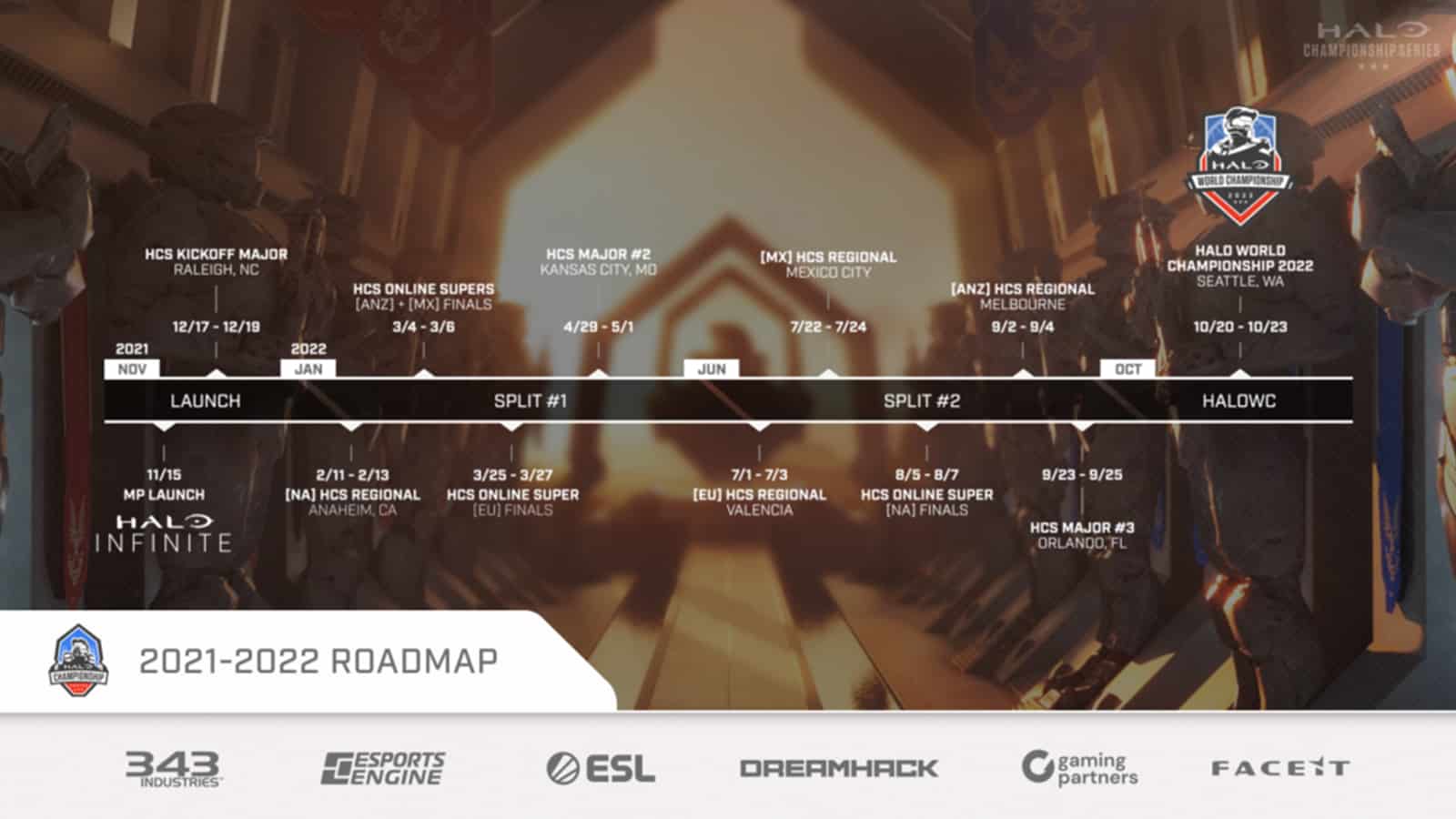 Halo
HaloThe future of Halo Infinite esports
All the planning in the world means nothing if you can’t pull off the execution, though. The Halo Championship Series seems incredibly promising at this point in its lifecycle, of course, but the main challenges are ahead.
Firstly, casual players need to actually enjoy playing the game for more than a week, and there needs to be enough content and variation, and an undeniable skill gap, to keep people interested. Game titles with battle passes and ever-updating content have shifted user expectations — unless it’s a legacy game such as CS:GO — and thus have a limited attention span. The core game needs to be balanced and allow for the most skilled players to rise to the top; it categorically should not accommodate bad players just to make them feel good. In fact, industry leaders suggest that has the opposite of the desired effect anyway.
Halo Infinite needs to gain a massive player base and then keep them hooked and infatuated to the point where they’d enjoy watching the best players compete and then try to implement what they’ve seen to improve their own gameplay. This is nothing new in esports, it’s how most (if not all) successful competitive titles have become great and stood the test of time.
While Call of Duty remains one of the top five or so titles in esports in spite of releasing a whole new game every single year, without fail, this arguably has adverse effects on the franchise’s popularity as an esport. Not to mention that it has simply not received this level of competitive support, frankly, ever.
Wow, this is insane. Thank you all for the immense support, Raleigh is shaping up to the biggest Halo event ever. #HCS https://t.co/drSchXpV4L
— Tashi (@Tashi343i) November 17, 2021
The actual events need to be solid too, even the online ones. The issue of ping and a lack of a live environment reduce the weight of enjoyment and stakes for events, and the former can literally ruin the competitive integrity of a match or tournament on its own. Esports Engine, alongside their chosen operators, need to be on the ball here (though they’ve given us little reason to expect otherwise so far). There will be pressure, and rightly so, for the in-person events to feel like a real celebration of the game and foster the community. While esports are literally predicated on this feature, it’s not always easy to pull off.
It’s good to have a roadmap, and it’s faith-inducing to appoint proven entities like ESL to operate the events in the schedule, but execution is another kettle of fish. We saw it recently with the PGL Major in CS:GO how it’s a gargantuan task for matches and broadcast talent to save a sloppy production (and there’s little excuse for it, to be honest).
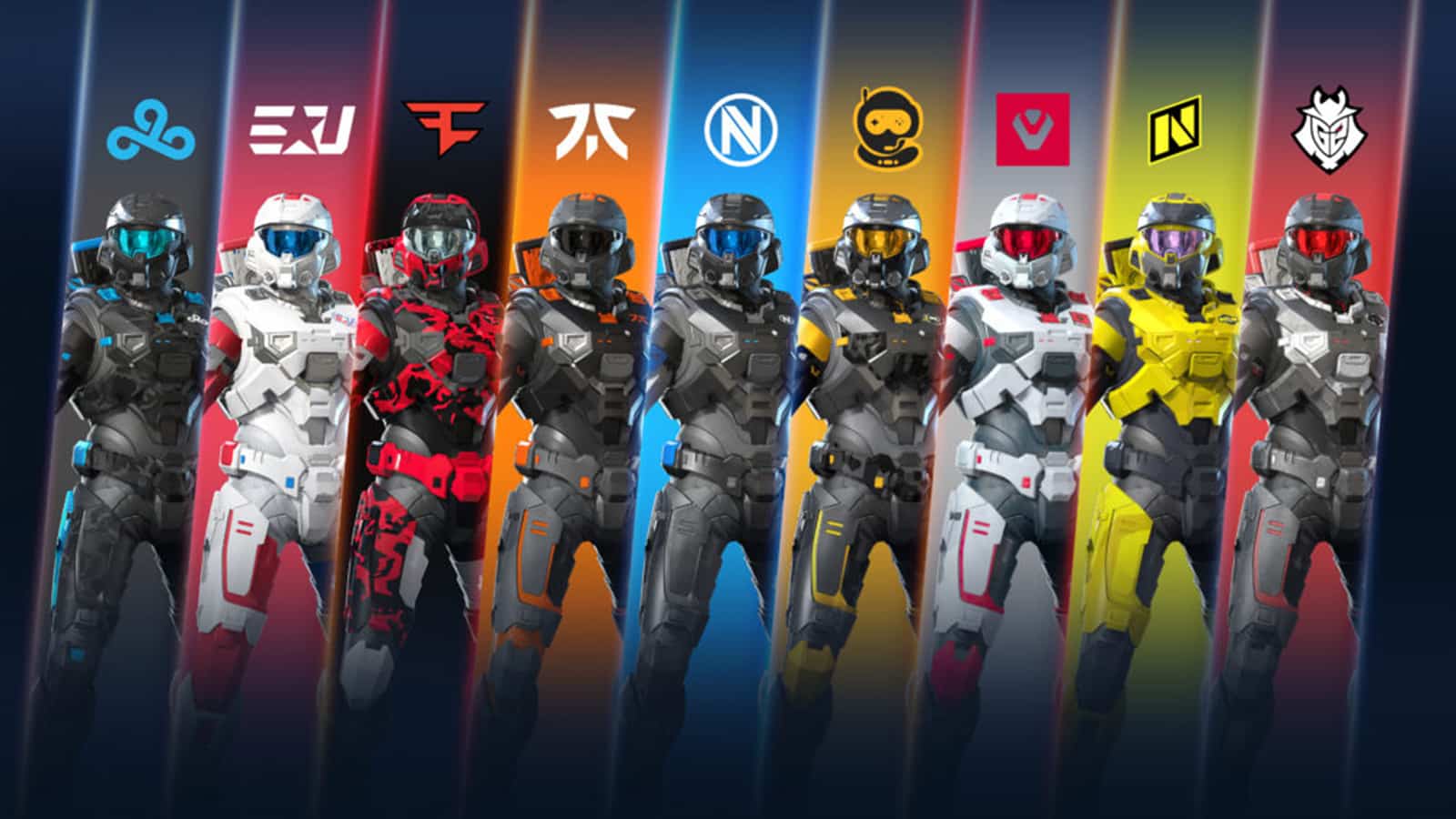 Halo
HaloThe last major thing I think 343 need to execute to support Halo Infinite esports, the Halo Championship Series, is for game client promotion. A great way to attract casual players who may not be aware of the bustling competitive scene of the title is to hook them in when they load up the game. While the esports shop is already present, they should tastefully plaster upcoming events and the overall circuit in the game’s menu and matchmaking areas. Let them know when an event is coming up, and perhaps even let them view it within the client too, if you’re feeling fancy!
Halo esports is clearly being supported from launch with Infinite, and that’s something more titles would die for, but the real test now is to show that these efforts aren’t in vain. Everything points towards the pro players having a hell of a year ahead of them, I just hope the same is true for the community. It’s the community, the fans, that can really take Halo esports to new heights from here onwards, they just need a reason to show their support.
